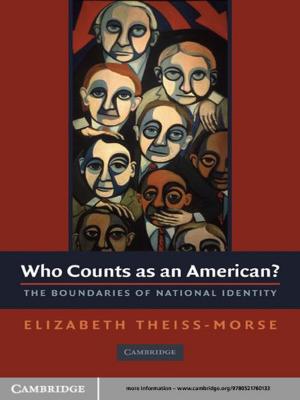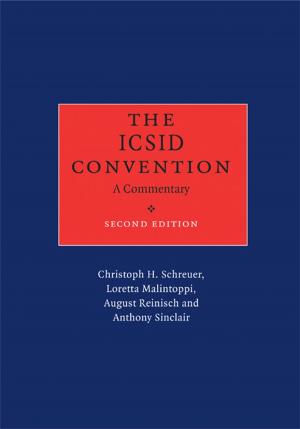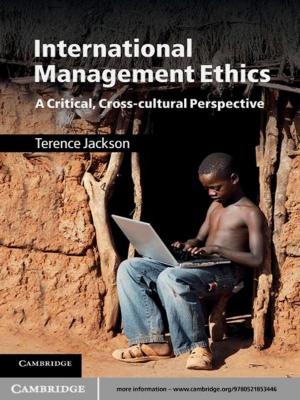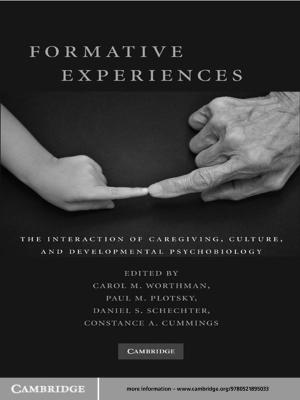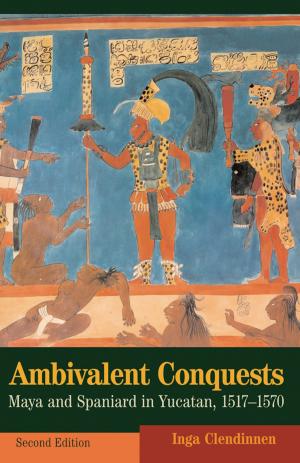The Shari'a and Islamic Criminal Justice in Time of War and Peace
Nonfiction, Reference & Language, Law, Social & Cultural Studies, Political Science, Religion & Spirituality| Author: | M. Cherif Bassiouni | ISBN: | 9781107461710 |
| Publisher: | Cambridge University Press | Publication: | October 21, 2013 |
| Imprint: | Cambridge University Press | Language: | English |
| Author: | M. Cherif Bassiouni |
| ISBN: | 9781107461710 |
| Publisher: | Cambridge University Press |
| Publication: | October 21, 2013 |
| Imprint: | Cambridge University Press |
| Language: | English |
This innovative and important book applies classical Sunni Muslim legal and religious doctrine to contemporary issues surrounding armed conflict. In doing so it shows that the shari'a and Islamic law are not only compatible with contemporary international human rights law and international humanitarian law norms, but are appropriate for use in Muslim societies. By grounding contemporary post-conflict processes and procedures in classical Muslim legal and religious doctrine, it becomes more accessible to Muslim societies who are looking for appropriate legal mechanisms to deal with the aftermath of armed conflict. This book uniquely presents a critique of the violent practices of contemporary Muslims and Muslim clerics who support these practices. It rebuts Islamophobes in the West that discredit Islam on the basis of the abhorrent practices of some Muslims, and hopes to reduce tensions between Western and Islamic civilizations by enhancing common understanding of the issues.
This innovative and important book applies classical Sunni Muslim legal and religious doctrine to contemporary issues surrounding armed conflict. In doing so it shows that the shari'a and Islamic law are not only compatible with contemporary international human rights law and international humanitarian law norms, but are appropriate for use in Muslim societies. By grounding contemporary post-conflict processes and procedures in classical Muslim legal and religious doctrine, it becomes more accessible to Muslim societies who are looking for appropriate legal mechanisms to deal with the aftermath of armed conflict. This book uniquely presents a critique of the violent practices of contemporary Muslims and Muslim clerics who support these practices. It rebuts Islamophobes in the West that discredit Islam on the basis of the abhorrent practices of some Muslims, and hopes to reduce tensions between Western and Islamic civilizations by enhancing common understanding of the issues.



